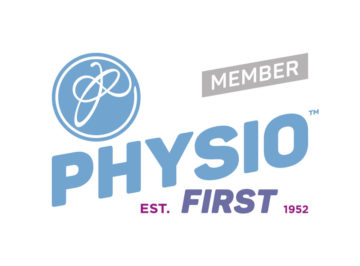Heel Pain? We can help YOU today!
Heel pain and Plantar Fasciitis can be paiful and debilitating severely limiting your ability to perform sports, engage in hobbies and enjoy life with family and friends.
Do you want to be pain free fast?
Good news
Our expert Physio and Podiatry team at Gosforth Physio and Wellness are highly skilled in diagnosis, treatment, education and prevention of heel pain and plantar fasciitis.
Treatment
Acupuncture and dry needling to help reduce inflammation, pain and tissue tension can be highly benificial. At home an ice pack to the painful area of the foot for 15-20 minutes to help decrease pain and inflammation.
Resting your foot and avoid excessive walking, running or standing.
Avoid walking barefoot on hard surfaces. Strengthening the arch, foot and calf muscles to prevent poor biomechanics.
The use of custom orthotics devices which help reduce pronation of the foot and so reduce the excessive load on the plantar fascia.
What is Plantar Fasciitis?
Plantar Fasciitis is the one of the most common causes of heel pain. It involves the inflammation of the plantar fascia which is a thick band of tissue that stretches from the heel along the arch of the foot. It tends to come on slowly and usually affects just one foot, however it can occur simultaneously in both feet.
What are the symptoms?
Plantar Fasciitis causes a stabbing pain in the heel of your foot that generally occurs with your first steps after rising in the morning. It normally settles down shortly after but can return if you are seated for prolonged periods of the day.
What causes it?
Repeated micro tears to the fascia have been identified as being the cause of plantar fasciitis, although inflammation is thought to have a key role.
You are more likely to be at risk injuring your plantar fascia if you:
- are overweight as this will result in extra strain over your heel
- have a tight Achilles tendon (the large tendon at the bottom of your calf muscles above your heel). This can restrict the flexion in your ankle and put you at higher risk of damaging your plantar fascia.
- have flat feet (pronate) or a high arch
- wear shoes with weak arch supports and thin soles
- Are in an occupation that requires a lot of walking or standing on hard surfaces for long periods
- Suddenly start exercising or increase the intensity of your exercise too quickly
- Having legs of uneven lengths can lead to increase pressure on your heel.
How is it Diagnosed?
Plantar fasciitis can be diagnosed by a Physiotherapist or Podiatrist after an assessment of a person's presenting history, clinical examination, risk factors.
It is very rare that an MRI scan or X Ray is required. However, if your Physiotherapist or you feel that further investigation is necessary we can arrange private scans quickly. Referrals can be arranged in 2-5 days at The Newcastle Clinic and at North Tyneside MRI Centre.
We do not keep you coming back week after week, month after month for unnecessary treatments (see our 'Better by 5').
Get in touch or live stream one of our classes to start your recovery today.
Let's get started!

.jpg)












